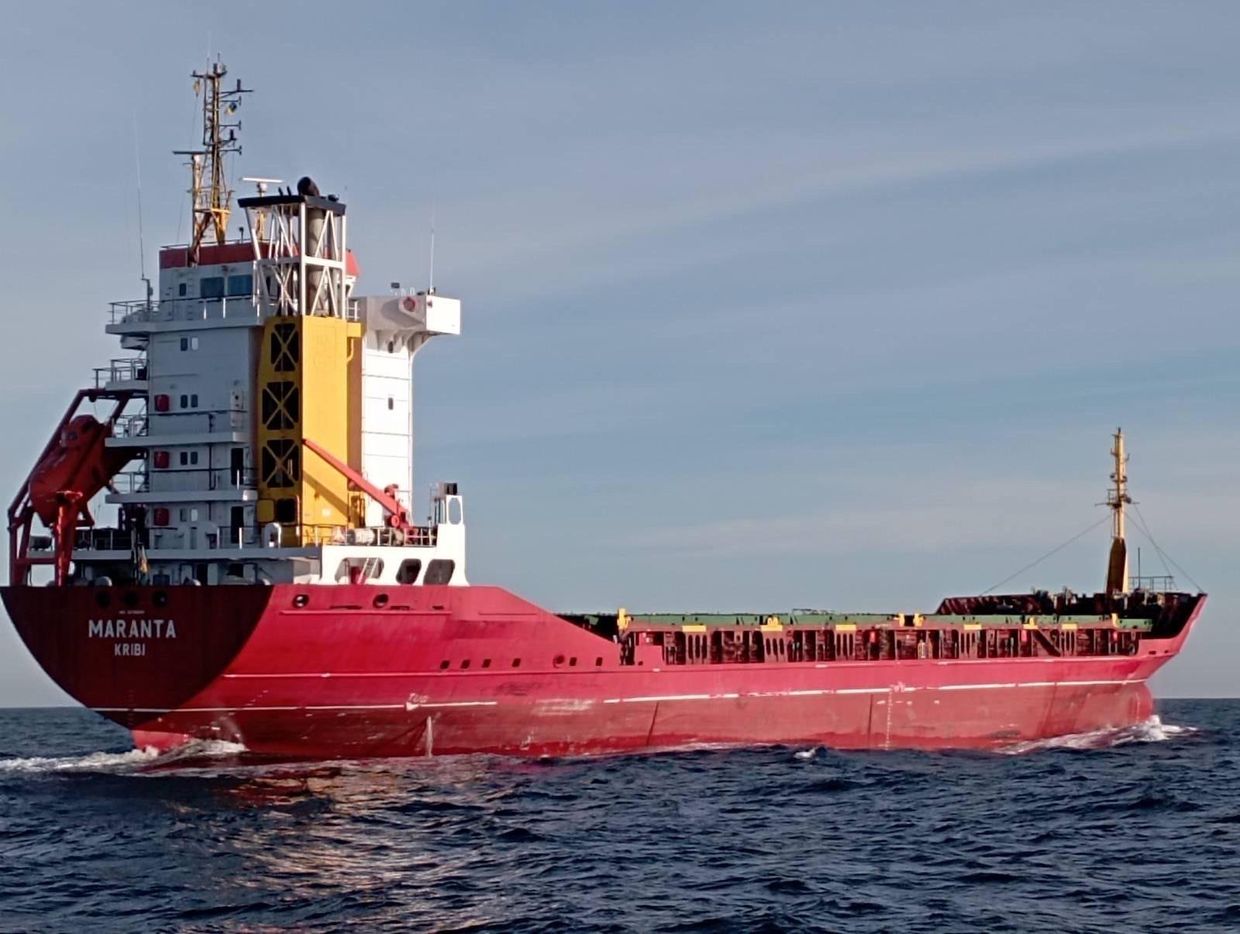US Ambassador: 100th ship passes through Black Sea humanitarian corridor

The 100th ship has departed through the Black Sea humanitarian corridor since its opening in August, U.S. Ambassador to Ukraine Bridget Brink said on Nov. 13.
In total, 3.7 million metric tons of food and goods have passed through the corridor, Brink wrote on the social media platform X.
The humanitarian corridor was opened after the Black Sea Grain initiative fell apart in July following Russia's unilateral withdrawal. Russia then threatened that all ships sailing to Ukrainian ports would be considered legitimate targets.
The corridor hugs the coastlines of Ukraine and NATO members Romania and Bulgaria rather than going directly towards the Bosphorus Strait.
Although many ships have passed through the corridor safely, their safety is not guaranteed. A Russian missile hit a civilian ship at a port in Odesa Oblast on Nov. 8, killing one crewmember and injuring four others.

Russian forces have also attacked Ukrainian infrastructure more than 20 times since the collapse of the initiative, damaging more than 160 infrastructure facilities, including 122 vehicles.
In addition, there is the danger of mines and other explosive devices that have been placed in the Black Sea.
A Turkish cargo ship suffered minor damage from a mine 20 kilometers from the Romanian port of Sulina on the Black Sea on Oct. 5.
It was unclear, however, where the mine came from. An unnamed Ukrainian source quoted by Reuters confirmed that the ship had struck a mine, commenting that it was "probably a World War II mine or the landing mines that were left there last year."
In addition, Ukraine's Southern Operational Command said on Nov. 1 that Russian warplanes had dropped "explosive objects" along the likely route of civilian vessels in the Black Sea three times in 24 hours.













